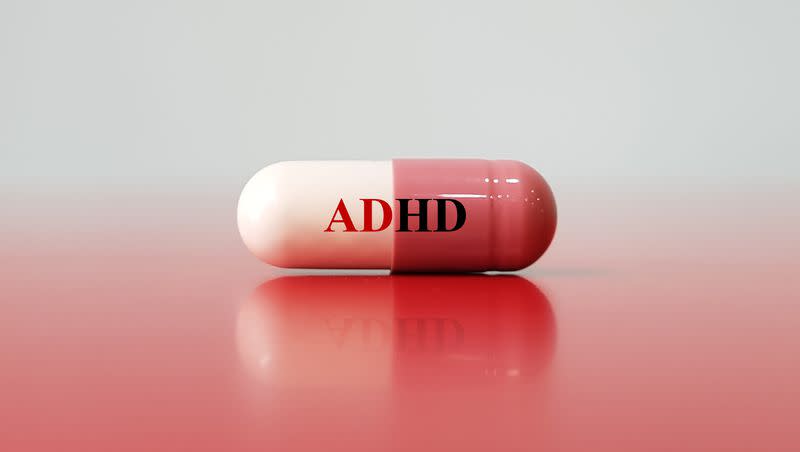Adult ADHD prescriptions went up during COVID-19 pandemic

More adults got prescriptions for ADHD medication during the pandemic, helping to fuel a shortage that’s still vexing patients. That’s according to a new study in the journal JAMA Psychiatry.
The researchers, from the U.S. Food and Drug Administration, looked at stimulant and nonstimulant treatments in the two years before the pandemic hit and the two years after. They found that new prescriptions to treat attention-deficit/hyperactivity disorder rose significantly for young adults and women after March 2020.
The Associated Press reported that “telemedicine made it easier to get help, and regulators started allowing doctors to prescribe the drug without first seeing a patient in person.”
Las Vegas psychiatrist Ann Childress, who was not part of the research, told AP that more adults came to see her when COVID-19 hit. She said social media likely made more people familiar with adult ADHD, while working from home pointed out how distracted people can become. She noted, too, that people are more willing to talk about mental health issues than in the past.
Related
Adderall, which is used to treat ADHD, has been among a series of shortages in the United States. In April, AP separately reported that there were 301 active drug shortages nationally, based on the University of Utah Drug Information Service, which tracks shortages. Many of those drugs are generics, which have thin profit margins and do not create great urgency in manufacturers to boost supply, the article said.
Adderall was among the drugs impacted as prescriptions for both brand name and generic versions jumped 20%. Besides that, “Adderall supplies face an additional challenge when demand spikes,” AP wrote. “Federal regulators limit supplies for the drug each year because it is a controlled substance.”
That means spikes in demand can lead to shortages.
While prescriptions for ADHD meds rose, the researchers reported that use of other categories of drugs, including medications to treat opioid use disorder and antidepressants, did not change.

